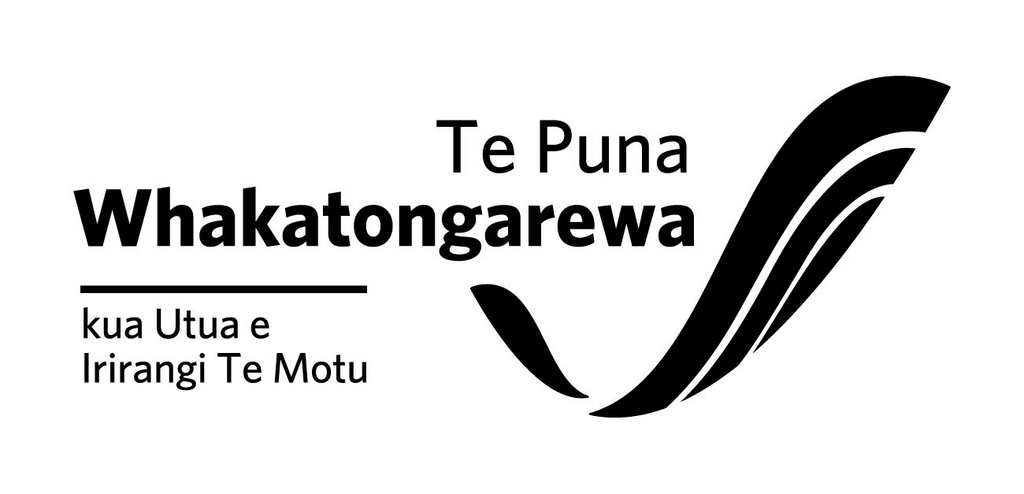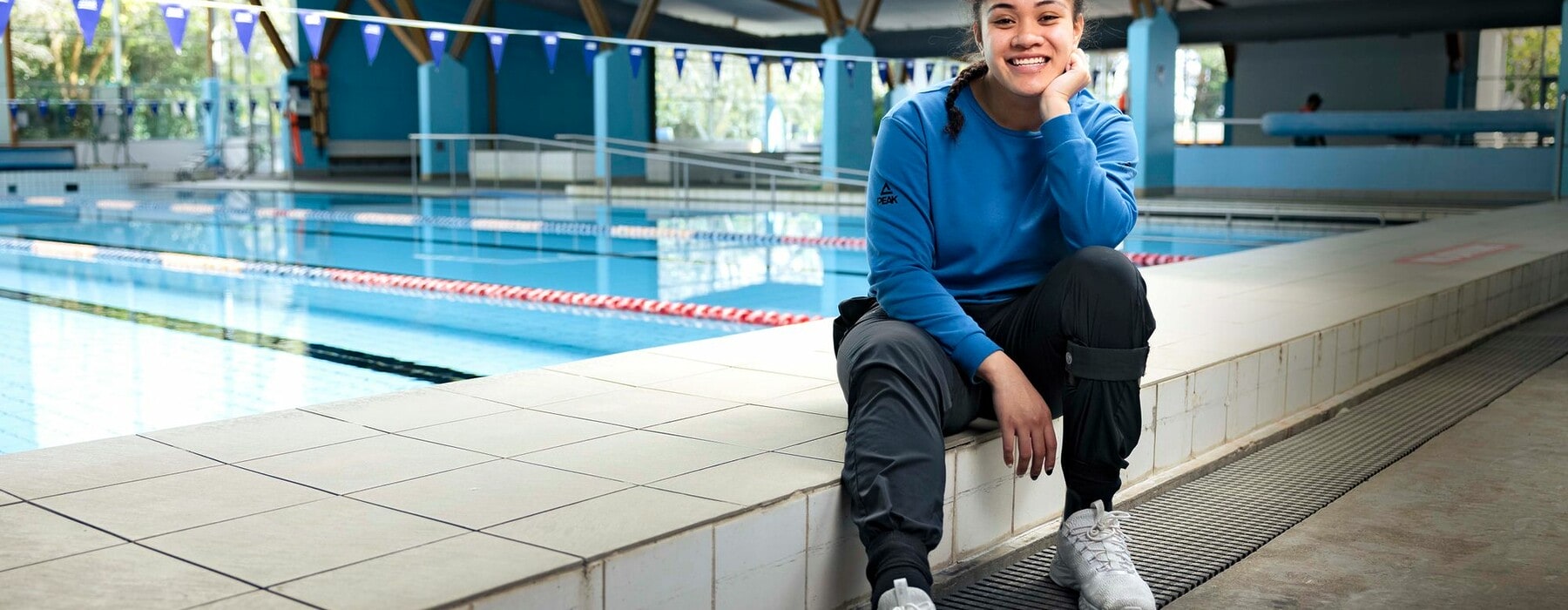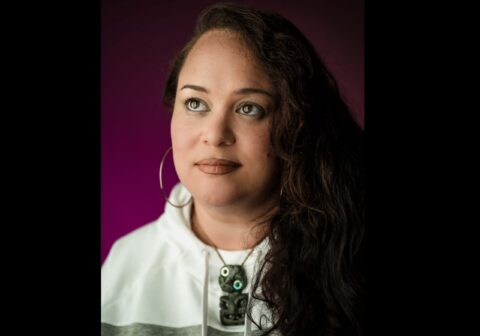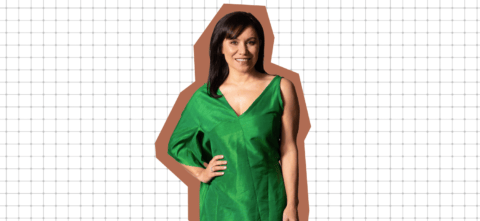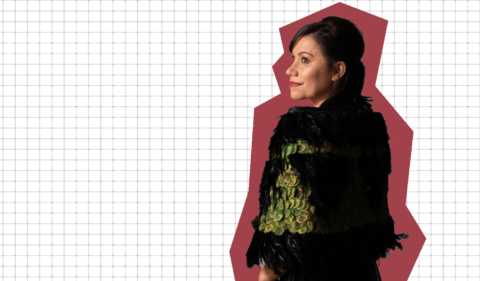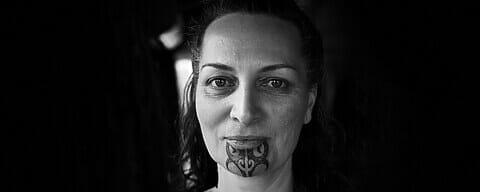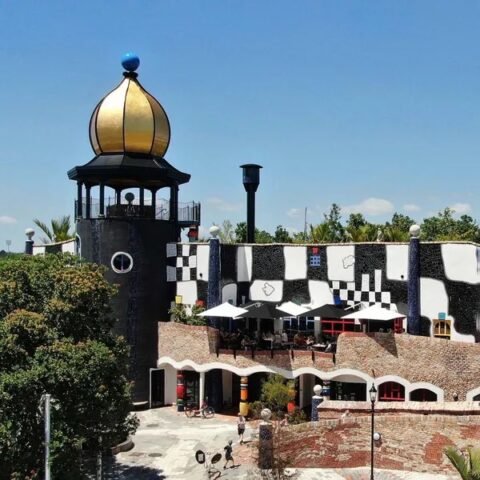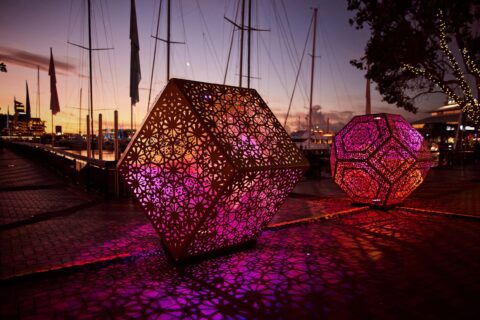Gold medal-winning Paralympic swimmer Tupou Neiufi talks to Aroha Awarau about defying the odds, meeting Dame Valerie Adams and her desire to inspire others.
As New Zealand was in the midst of the latest Covid-19 lockdown, para swimmer Tupou Neiufi’s beaming smile after winning a gold medal at the Tokyo Paralympic Games brought joy into homes around the country.
The 20-year-old had fulfilled her childhood dream and represented New Zealand with pride on the world stage. But Tupou’s competitive spirit and confident smile masked an inner turmoil. For years, the Tongan swimmer had struggled with identity and mental health due to the trauma of being picked on because of her disability, both as a child and as a teenager.
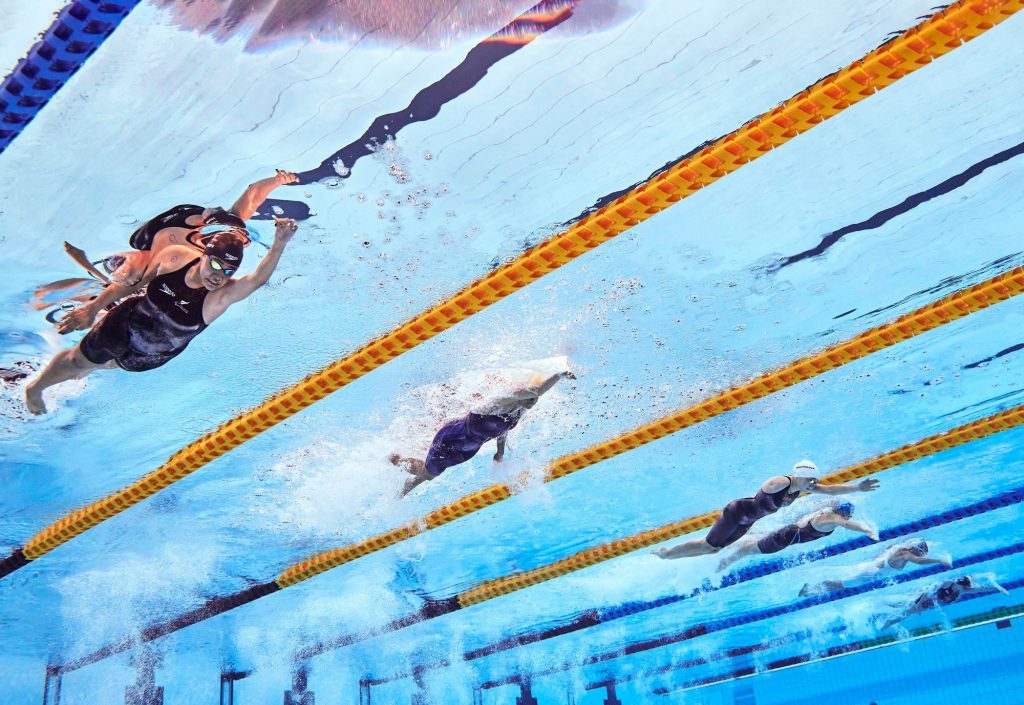
It was only when Tupou stood on top of the podium at the Paralympics in August, after winning the women’s 100m backstroke, that she could fully accept herself and embrace her disability.
“I was always scared that I would be defined and judged by my disability, and not by the person I am on the inside. That was the biggest challenge for me to truly accept my disability,” she says.
“It took winning a gold medal and achieving success on the international stage to stop me from being afraid of who I am.”
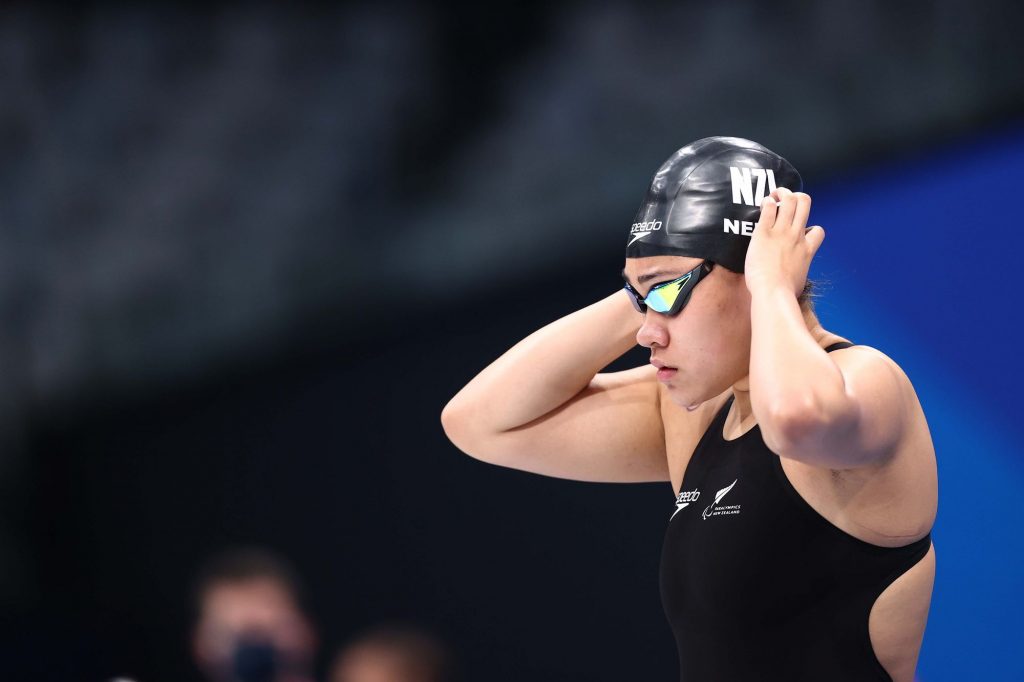
Tupou, who was born and raised in the South Auckland suburb of Māngere, was just two years old when she was the victim of a hit-and-run. She doesn’t remember the accident, which left her with a brain injury and a condition called hemiplegia, resulting in one side of her body being bigger and stronger than the other. But she remembers the hundreds of hospital visits and doctors’ appointments she endured as a child, during which she had to relearn how to sit, walk and use her arms.
Growing up, Tupou always had love and support from her family, but they couldn’t protect her from the severe bullying she experienced at school. She was targeted because she was different. Her speech was affected by her brain injury, she walked with a slight limp and wore a leg and finger splint. She was constantly teased and at times, other girls tried to physically fight her for no reason.
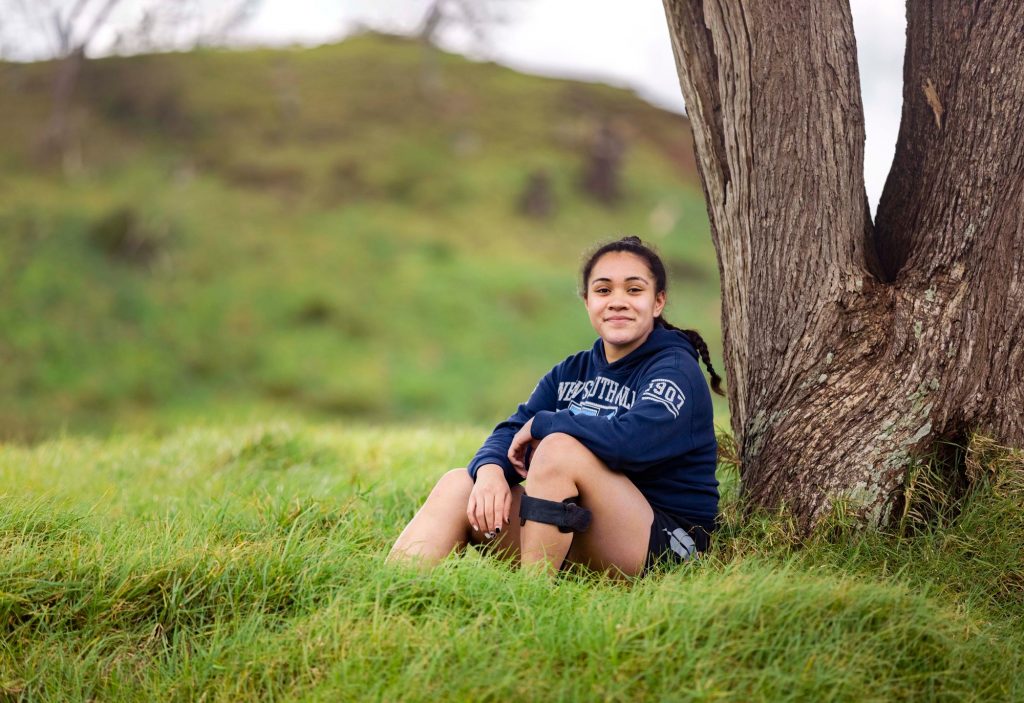
“I’ve never talked about this part of my life before,” Tupou says, trying to hold back her tears. “High school was hard. You become conscious of the way you look and the way you talk. When people saw that I had a disability, they assumed that I was weak and I became a target.
“I also loved sports and fitness, but whenever we played team sports, I’d never get picked and people would always exclude me. Sometimes, I would be left sitting on the bench on my own, and I knew that it was because of my disability.”
From the ages of 16 to 18, Tupou says the experience left her in a deep, dark hole. She even cut out family and friends who were concerned about her wellbeing. Tupou eventually found refuge in the swimming pool.
“I wanted to be alone and used the pool as my escape.”
Tupou took up swimming at 10 years old, when her physiotherapist suggested it would be good therapy for her. She loved it and it sparked her competitive spirit. A year later, she was entering competitions and winning races. She had found a healthy outlet to express her emotions.
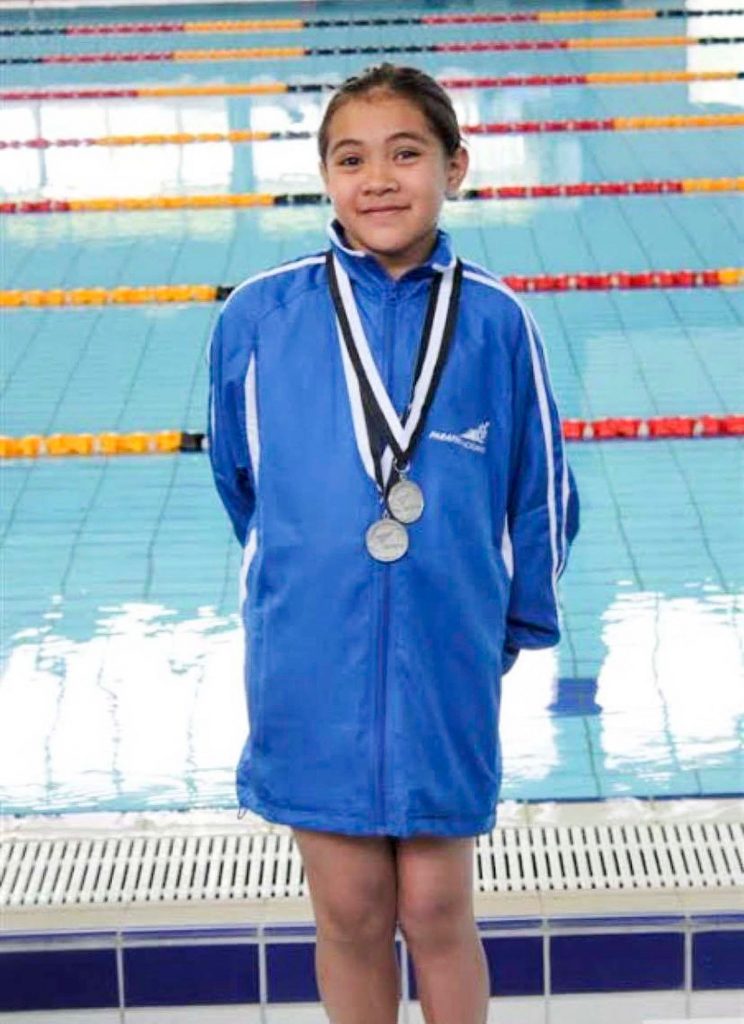
“I could take my anger and frustration out in the water. I would come out of the pool having all that weight lifted off my shoulders. My swimming goggles would be wet around my eyes – not from the pool, but from my tears.
“I could take my anger and frustration out in the water. I would come out of the pool having all that weight lifted off my shoulders.”
With a new focus on becoming a Paralympian, Tupou began training six hours a day to reach her goal.
At only 15, she was selected to compete at her first Paralympics in Rio de Janeiro in 2016, where she placed seventh in her specialty event. Two years later, she competed at the Commonwealth Games in the Gold Coast and placed sixth.
Winning a gold medal at her second Paralympics is a massive achievement for Tupou. She felt that she’d finally proved her worth.
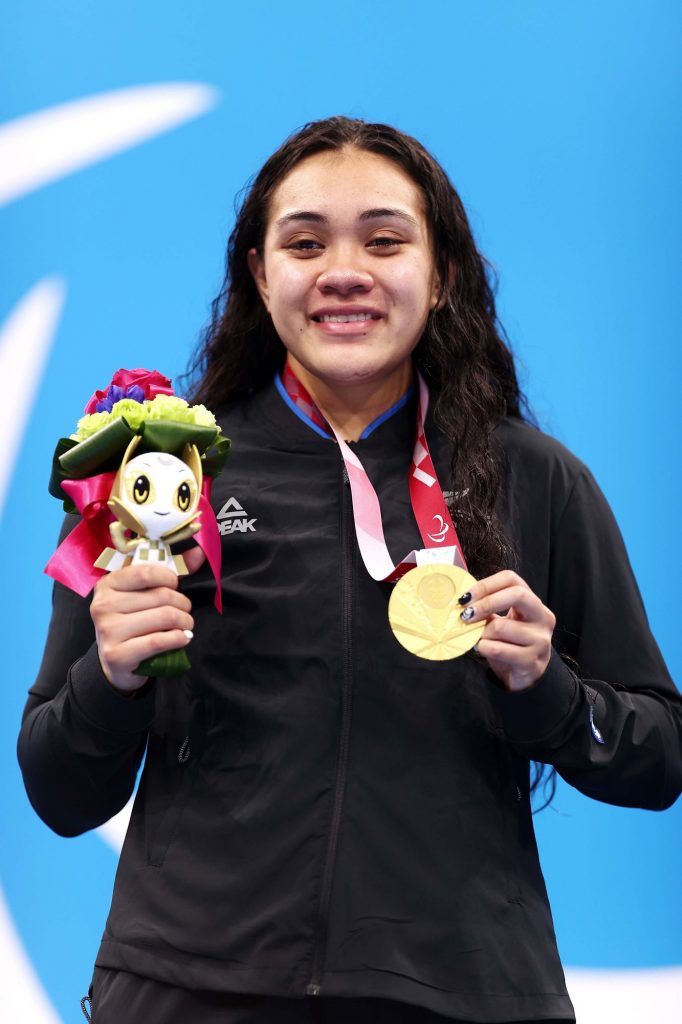
“Sometimes, I still have these random moments where I close up and think about the things that happened to me at high school. But now I have the tools to move on and dust it off. Right now, I feel unstoppable and on top of the world.”
She says travelling the world and meeting other athletes just like her has been a source of inspiration.
“Being a Paralympian is a huge honour. I get to meet other Paralympians and hear their inspiring stories. We’ve all trained so hard to compete on the world stage and show that we can achieve despite our disabilities.”
It was a thrill for Tupou to meet and spend time with fellow Tongan athlete Dame Valerie Adams. The Olympic gold medallist was at the Athlete’s Village as the coach for her sister, shot putter Lisa Adams, who also won a gold medal at the Tokyo Paralympics.
“I was in awe the first time I met Dame Valerie. She brings a positive vibe wherever she goes. It was amazing getting to know her because she has always been a strong advocate for Pacific success.”
Just like Dame Valerie, Tupou is also proud of her Tongan heritage and her South Auckland upbringing. She admits the area has a stigma attached to it, and she is determined to break down that barrier.
“In the media, South Auckland isn’t always portrayed in the most positive light. But we have shown that we can defy the odds. Our success gives us the opportunity to shine a light on our community and show that we can do things that people say we can’t do. We’re breaking the stereotypes and uplifting our young Pasifika children.”
Our success gives us the opportunity to shine a light on our community and show that we can do things that people say we can’t do.
Tupou is one of the few Pacific athletes who has reached the top in her sport. She says swimming is expensive, which has deterred many Pacific athletes from competing. Her parents sacrificed a lot to save money so she could follow her dream. Sometimes that meant the family of nine would have only Milo and bread for dinner. Despite the challenges, she says, more Pasifika children should take up swimming.
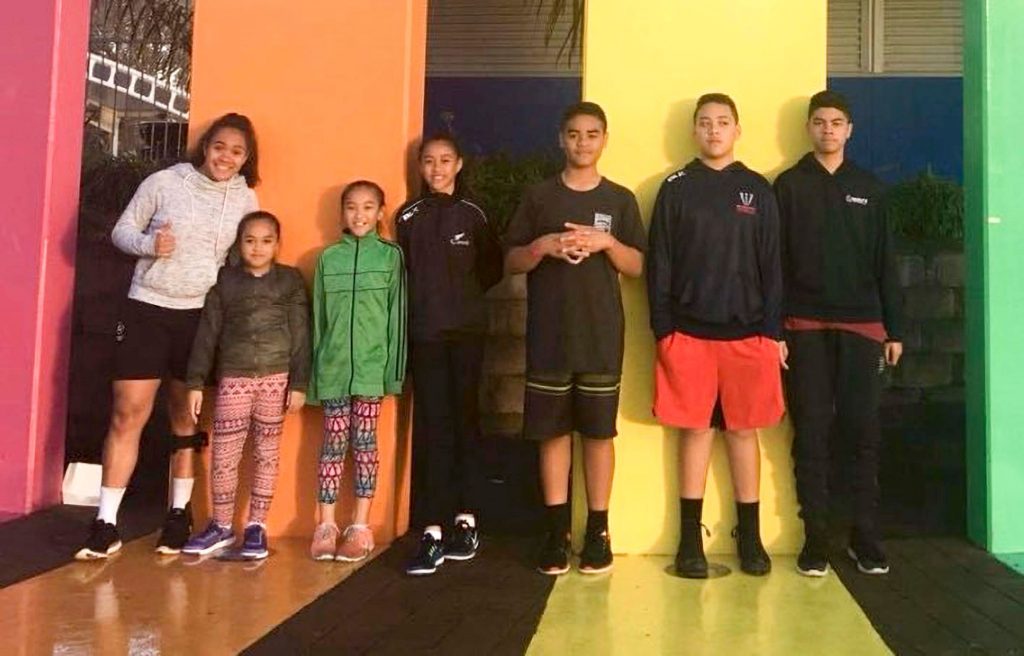
“I try and give advice to the younger ones whenever I can to help them create a path so they can achieve their goals.”
Next year, Tupou wants to focus on studying towards a nursing degree.
She’s inspired to be a nurse because of the many times she spent in hospital as a child.
“I want to connect and help people who are vulnerable and going through a tough time. I want to connect to people on a personal level and let them know that they are not alone.”
The memory of winning a gold medal will inspire Tupou for the rest of her life. She has gifted the medal to her parents, and it has pride of place in their home. It’s there as a symbol of gratitude and for Tupou to inspire her six younger siblings to follow their dreams.
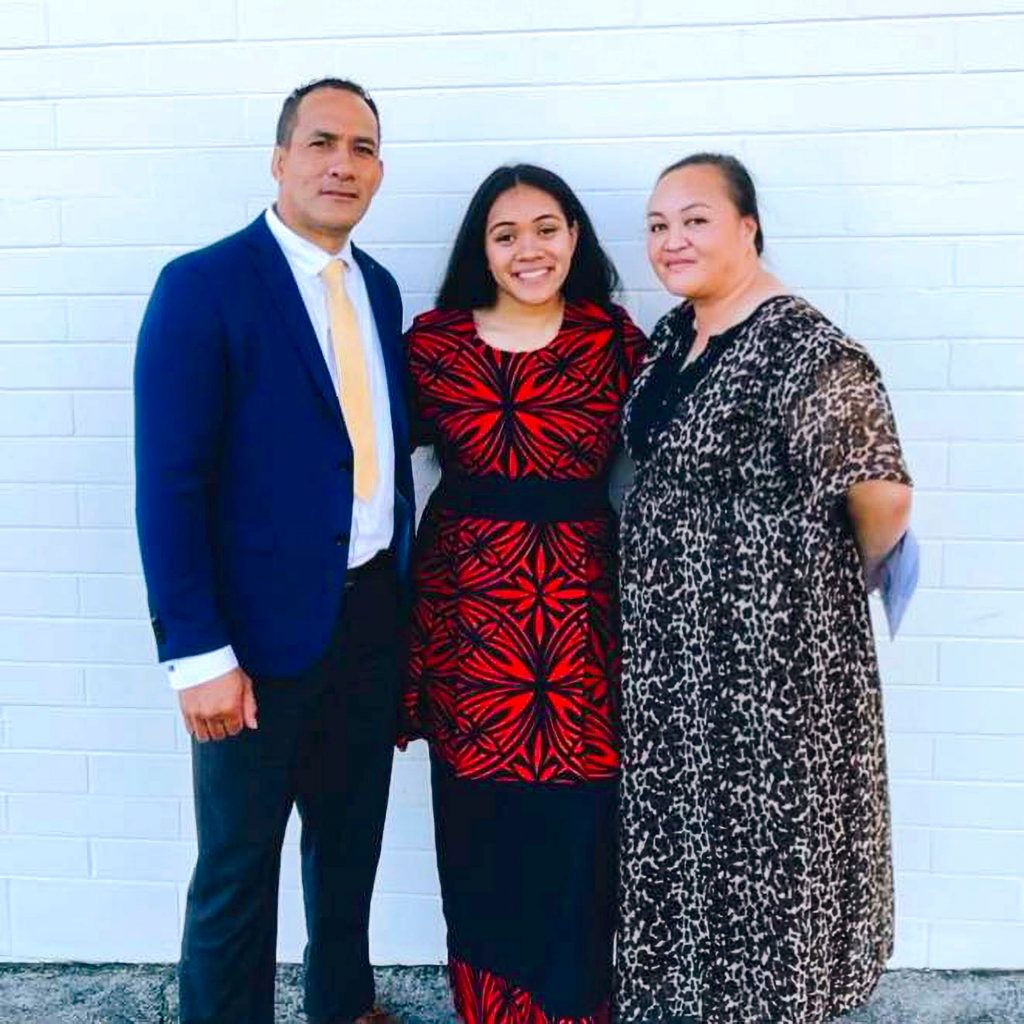
IMAGE: SUPPLIED
“My family have sacrificed so much for me and this is a way for me to give back to them.”
This is Public Interest Journalism funded by NZ On Air.
